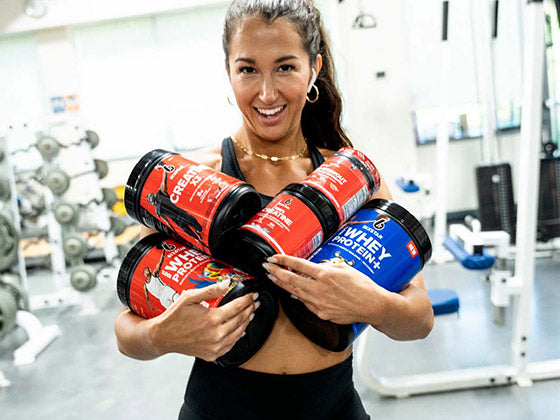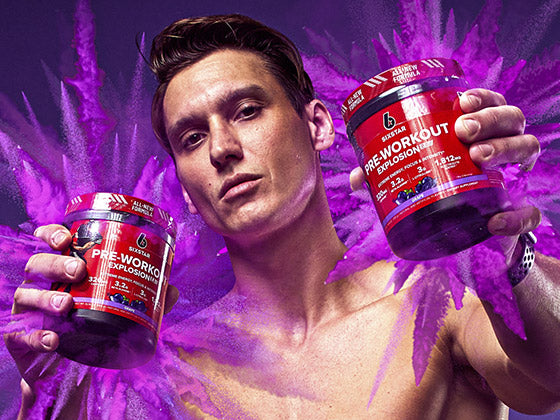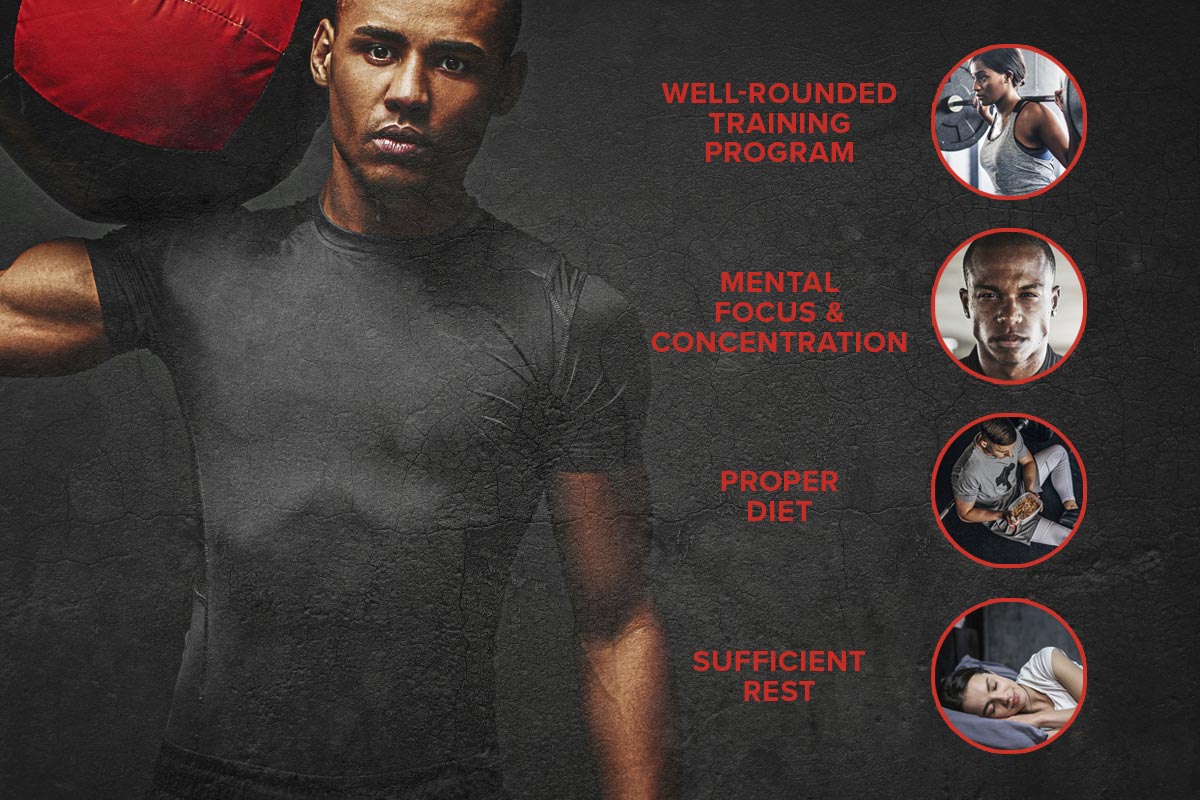Ah, the sweet days of summer. It’s finally time to let those kids kick back on the couch, eat chips, and play video games for three months, right?
Wrong! For a high school or college athlete, taking the summer off can be downright detrimental for conditioning and athletic performance during the school year. So read on for five coaching tips to keep a young athlete on task, healthy, and well conditioned in the summer months.
1. Set a Schedule
It’s a coach’s job to make sure athletes stay healthy all year, not just during the season. While there are summer camps that focus on youth sports and training high school athletes, they typically only last a week or so. Coaches should thus also create a summer training schedule.
Since young athletes may not have summer jobs, holding them to a consistent summer workout schedule provides important structure. They may grumble, but they’ll appreciate the discipline when it comes to the first day of preseason practice.
Sports medicine experts say that summer workouts should focus on overall conditioning, strength training, cardiac fitness, and skill development. If your school has a conditioning coach, consult with them to get your athletes on the schedule at the weight room. Adding some sports-specific training to keep up an athlete’s skills doesn’t hurt either—so ice hockey players will likely have a different conditioning program than track athletes.
Schedule two or three days per week of formal training and conditioning. Athletes can do one or two more days on their own, perhaps with an assigned training partner to keep them honest.
2. Remember to Eat
If you’re a high school or college coach, you already have considerable responsibility when it comes to preparing your team for athletic competition. So it’s easy to overlook something as foundational as good sports nutrition. Yet summer might be a perfect time to focus on instilling the fundamentals of good eating in athletes.
Even though eating healthy is easier during the school year, when a student athlete is on a regular schedule, good planning can help keep athletes to a structured, healthy diet during the summer as well.
Foods to Include
Athletic trainers recommend a diet that consists of 40% carbohydrates, 30% protein, and 30% fats. For the best performance nutrition, athletes should rely mainly on whole grains, foods rich in protein like yogurt, other low-fat dairy, and lean meats, and lots of in-season fruits and vegetables. Water should be a priority—staying hydrated is the best way to prevent heat-related illness and keep away muscle cramps.
And eating healthy doesn’t have to be expensive. Even for cash-strapped college student athletes, it’s not hard to find budget meals.
Foods to Avoid
As always, athletes should avoid processed foods and simple sugars. Advise them to go easy on the fast food and be mindful of the sugar levels in a sports drink.
3. Consider Lighter Workouts
More physical activity isn’t always better, so don’t make summer training overly intense. Too little rest for student athletes can create burnout and injury.
Keep formal training sessions to two to three days per week, and alternate between resistance training (strength training) and sports-specific skills.
And don’t just stick to the weight room—summer training outdoors is great for an athlete’s mental health. Keep it within reason, though, as training in intense sun and heat is not only miserable but also dangerous for a young athlete.
Especially for younger athletes, weight lifting should be carefully monitored and treated cautiously. Focus on proper movement and teaching athletes about major muscle groups and the value of slow, steady progress.
4. Work on Weaknesses
Summer training ensures that a student athlete stays on track. Left to their own devices, athletes (and most people) tend to do what comes easiest and what they prefer. For male athletes, this tends to be upper-body strength training. Female athletes tend to focus on cardio and abdominals.
Coaches will need to exercise leadership skills when it comes to coaxing student athletes to work on the more unpleasant, difficult stuff, both as this applies to the team as a whole and individual athletes.
Spend the first part of summer training identifying areas of weakness. Get your team and individual athletes involved in strategizing about how to improve those skills. Try to zero in on the specific weakness by breaking down the problem areas into parts.
For the rest of the summer, you can focus on improving those skills. A strength coach can work with athletes on individual areas of weakness.
5. Use the Weight Room
Though you don’t want to push a young athlete too hard, strength conditioning in summer training is a must for peak athletic performance during the regular season. And as sports medicine experts will tell you, strengthening muscles is one of the most important means of injury prevention.
Enlist a conditioning coach to create a training program that focuses not just on overall strength but also the areas that are most injury-prone: knees and shoulders. Though young athletes, especially men, tend to want to do quick, heavy powerlifting, they are the ones who most need to focus on gradual strength building before they focus on power. That means prioritizing slow, controlled movements and focusing on getting into the habit of proper form.
For strength training, consider scheduling athletes by training age and gender rather than by specific sport or teams. That way you can create a workout schedule that allows for focused instruction on experience-appropriate training.
No doubt summer training is a great time to make your team the best it can be. Remember, though, that a high school or college athlete has multiple mental and physical health needs—during the summer break as well as the school year.
Buy Sports Nutrition & Supplements from SixStar
Read Our Top Read Blogs:




